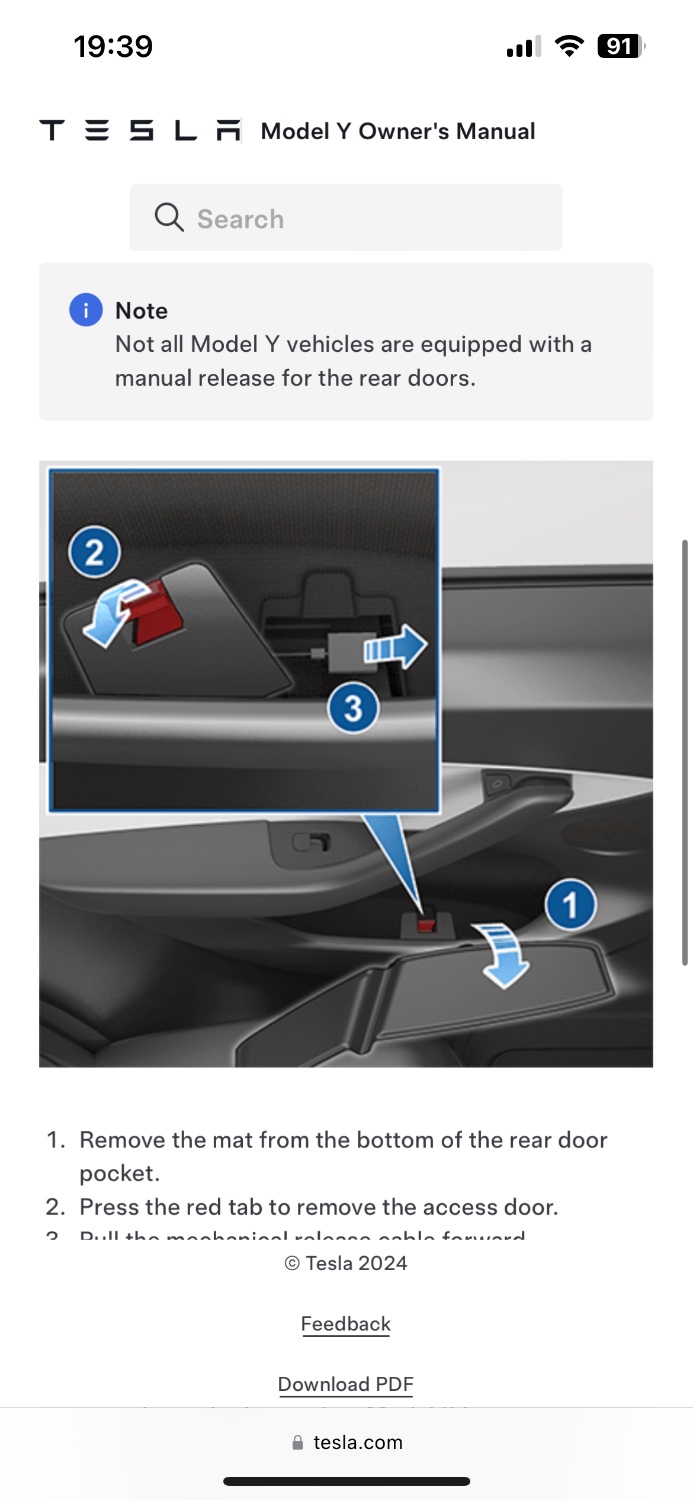

Yeah, I keep forgetting how much time has passed.
Bought my first GPU, an R9 Fury X, for MSRP when it launched. The R9 300 series and GTX 900 series seemed fairly priced then (aside from the Titan X). Bought another for Crossfire and mining, holding on until I upgraded to a 7800 XT.
Comparing prices, all but the 5090 are within $150 of each other when accounting for inflation. The 5090 is stupid expensive. A $150 increase in price over a 10-year period probably isn’t that bad.
I’m still gonna complain about it and embrace my inner “old man yells at prices” though.








Oddly enough, the way the text is spaced across SpongeBob and Patrick caused me to read it in a “don’t dead open inside” way but the sentence still works